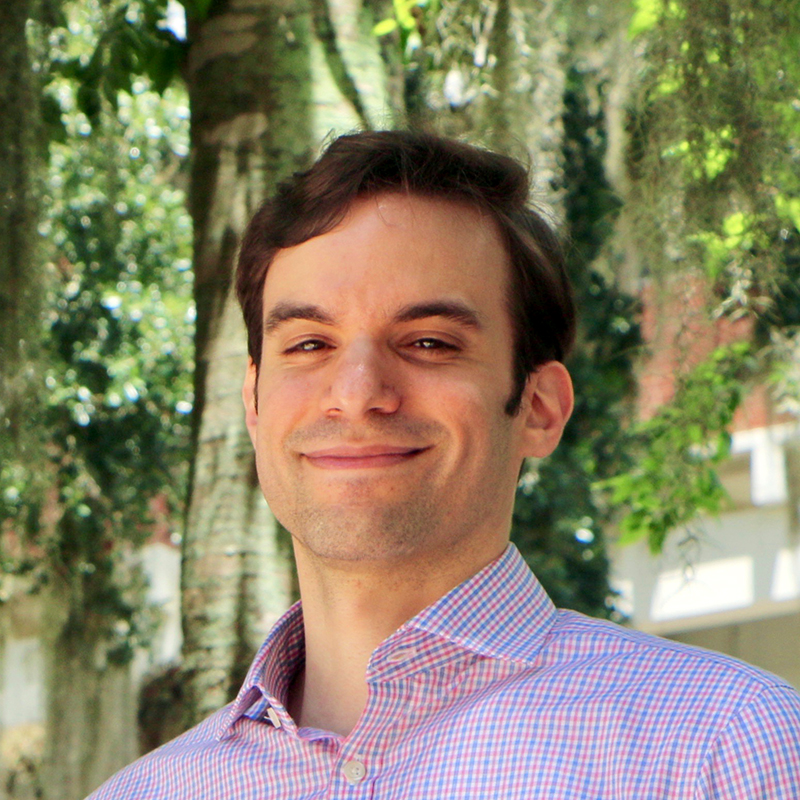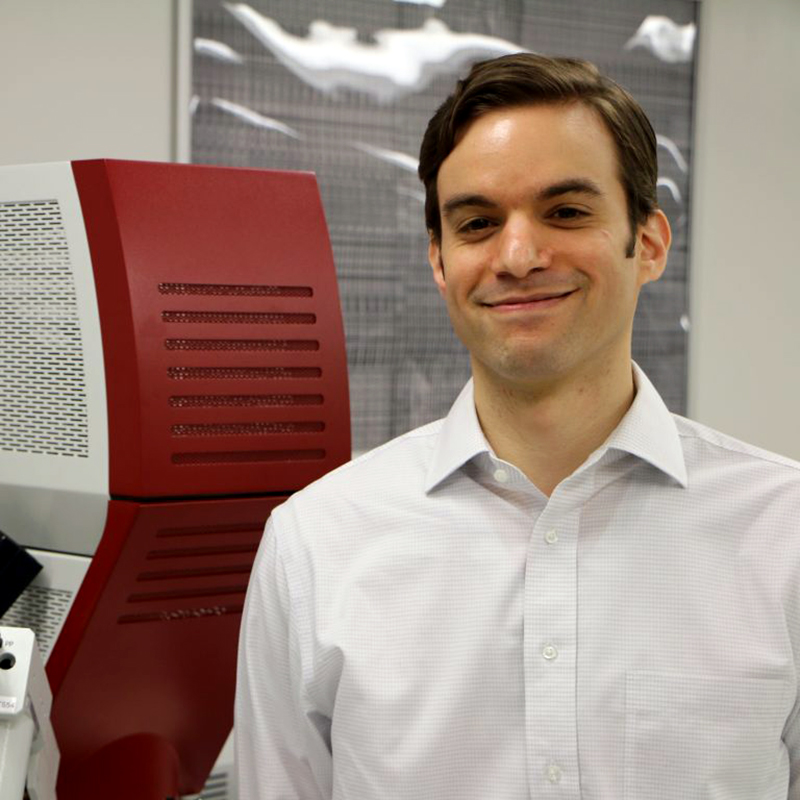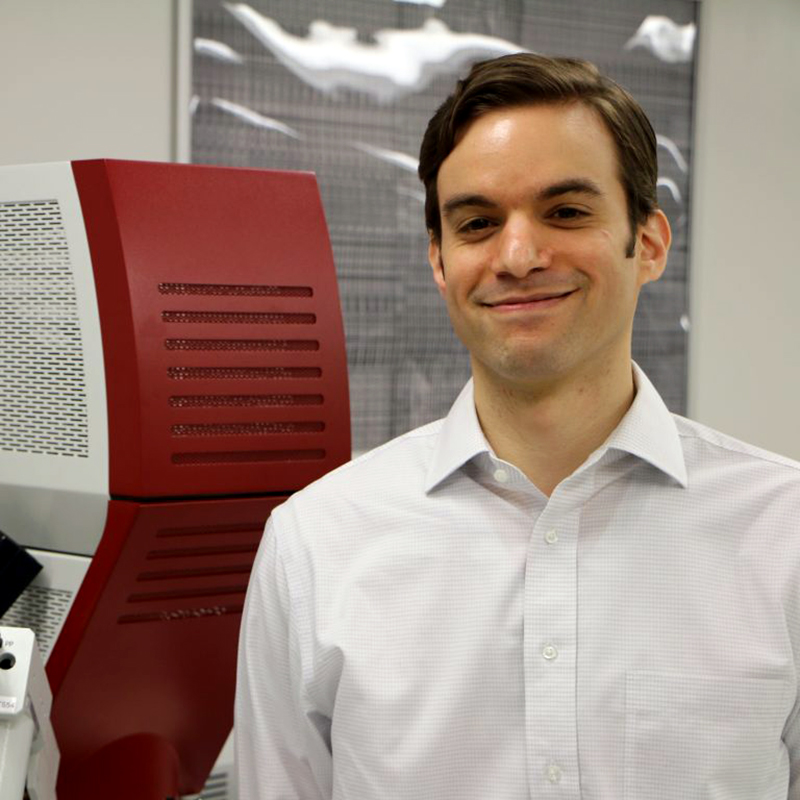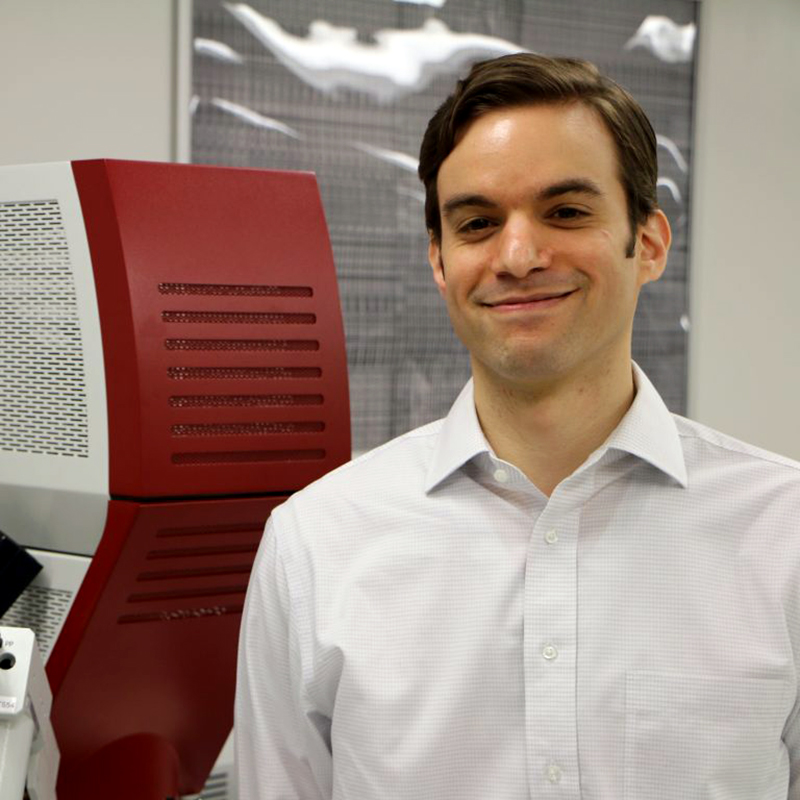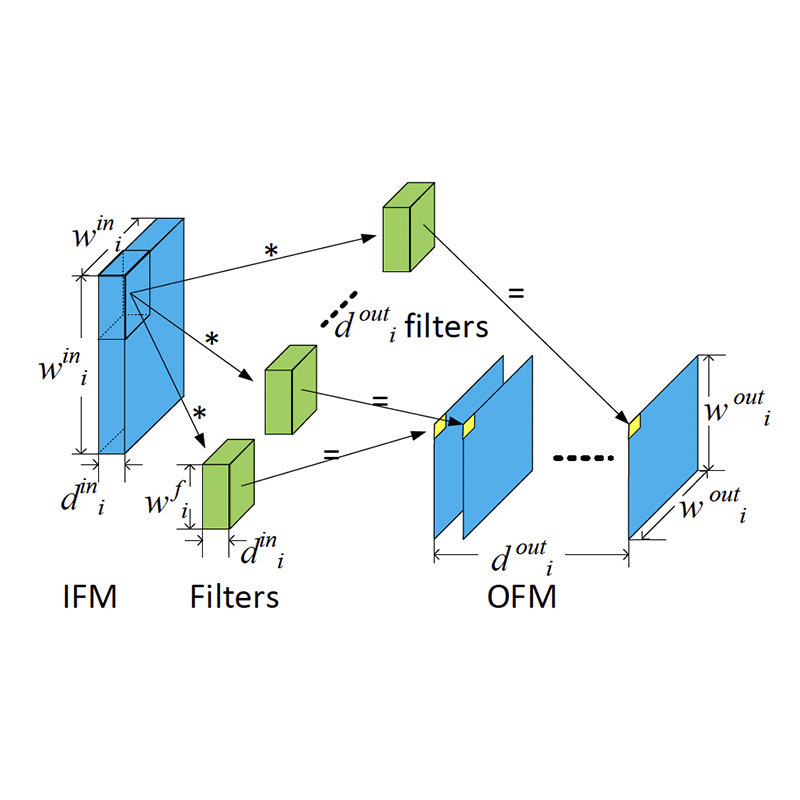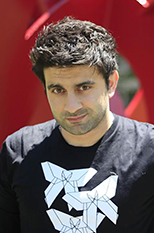News Story
Alumnus Domenic Forte is PECASE recipient

Alumnus Domenic Forte (CE Ph.D. 2013) is one of 315 Presidential Early Career Award for Science and Engineering (PECASE) awardees announced by the White House on July 2. Forte’s award, sponsored by the Army Research Office (ARO), will enable him to develop a "fingerprint" technology to secure electronic hardware systems.
Established by President Clinton in 1996, the PECASE acknowledges contributions scientists and engineers have made to the advancement of science, technology, engineering, and mathematics education and to community service as demonstrated through scientific leadership, public education, and community outreach. Recipients’ research spans across government agencies, from the Department of Defense to the National Science Foundation. The PECASE is the highest honor given to outstanding scientists and engineers beginning their independent careers.
The White House Office of Science and Technology Policy coordinates the PECASE with participating departments and agencies. Approximately 100 PECASEs are awarded in each cohort. The awards announced July 2 cover the years 2015, 2016, and 2017.
Forte was part of the 2017 PECASE cohort, nominated by Dr. Cliff X. Wang, Division Chief for the Computing Sciences Division at the ARO.
Forte is an assistant professor in the Department of Electrical and Computer Engineering at the University of Florida, where he is a member of the Florida Institute for Cybersecurity Research. As a doctoral student at Maryland, he was advised by ISR Director Ankur Srivastava (ECE/ISR).
Forte’s research is titled “SWIFT: A Signature-Enabled Wireless Infrastructure for Forensics, Tracking, and Locking of Electronic Systems.” His research group will develop technology to collect data from an electronic system that will give it a unique “fingerprint” for its working life. This will allow owners to track the system through logistics and the supply chain, lock it to prevent malicious vandalism in the supply chain and during deployment, and determine its path and location in the case of theft.
Forte’s research interests include hardware security, hardware Trojan detection and prevention, security of the electronics supply chain, reverse engineering and anti-reverse engineering. He is a co-author of the book Counterfeit Integrated Circuits—Detection and Avoidance and co-editor of Hardware Protection through Obfuscation.
Earlier this year, ARO awarded Forte $1 million in an Army “bridge” program called ECASE-Army, which gives funding to PECASE winners who were selected between 2015 and 2018. The Army enacted the bridge program because of extended PECASE announcement delays. The bridge funding enabled PECASE winners to begin the work for which they were nominated.
Published July 8, 2019
